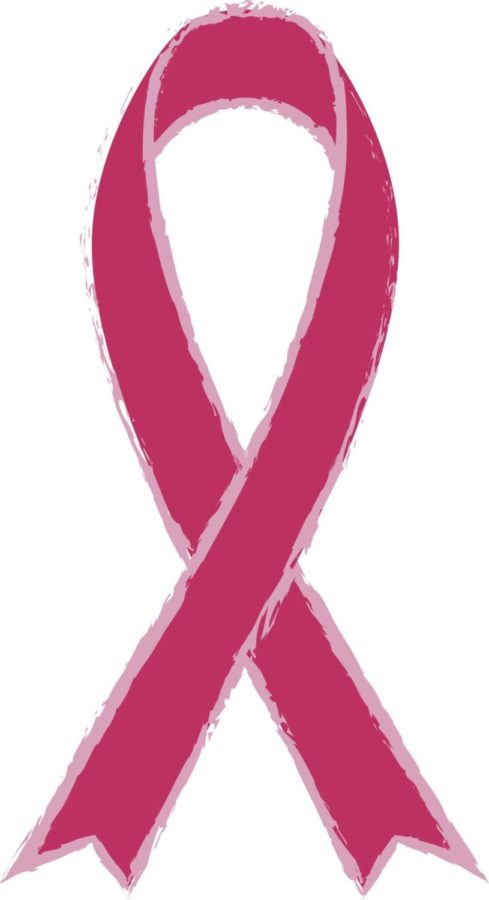National Breast Cancer Awareness month is relevant for college students
October 15, 2018
College students hear the “c” word– cancer– and though we’re terrified of it, we generally don’t think that we as young people are in any danger of it.
There’s a certain facade of invincibility that plagues our young minds. This is a dangerous mindset, and can put us in a position to be blindsided by this disease and others.
October is National Breast Cancer Awareness month, and we at the Kernel would like to encourage the women and men on this campus to takes steps toward maintaining a healthy lifestyle to reduce the risk of breast cancer. We would also like to remind the students on this campus of the risk that even young people have for cancer.
According to a Nov. 2013 USA Today article, about 70,000 people between the ages of 15 and 39 are diagnosed with cancer each year. This range includes the typical college student demographic of 18 to 22 year-olds. And it’s not just women. According to the Mayo Clinic, men are also at risk for breast cancer, despite it being less common among men than women. Men are at a higher risk for breast cancer when they have a family history of breast cancer, are obese or have interacted with estrogen through various drugs.
The Mayo Clinic shared tips in 2017 for reducing risk of breast cancer, and we want to pass a few of them along to you.
- Limit your alcohol intake. This is especially relevant for college students. The more alcohol you consume, the higher your risk of breast cancer becomes. The safest approach is to drink less than one drink per day.
- Don’t smoke. Smoking increases risk of breast cancer and is bad for overall health.
- Control your weight and be physically active. Obesity and being overweight increases risk of breast cancer. We encourage you to maintain a healthy weight through exercise and healthy eating. As little as 21 minutes a day of exercise can lower risk of breast cancer.
It’s never too early or late to talk with a doctor about breast cancer. Like most diseases, it is more treatable if caught early. Finally, we encourage you to perform self-examinations regularly to stay in tune with your body and any abnormalities you may experience.
For a long time, there has been a stigma surrounding all types of cancer. Survivors are branded with a victim halo that they can barely escape. Those taking precautions against cancer are perhaps considered paranoid. On college campuses, the topic is almost non-existent. But this is a problem that many of us could face in our lives, and we have to work together to de-stigmatize it. Wear pink. Wear breast cancer pins. Most of us have known someone or had a loved one who has suffered from this disease. Share the story with a friend.
We can make a lasting impact on the fight for a cure if we work together to shamelessly discuss breast cancer and share risk statistics with others so we can all take steps to live healthier lives.






























































































































































